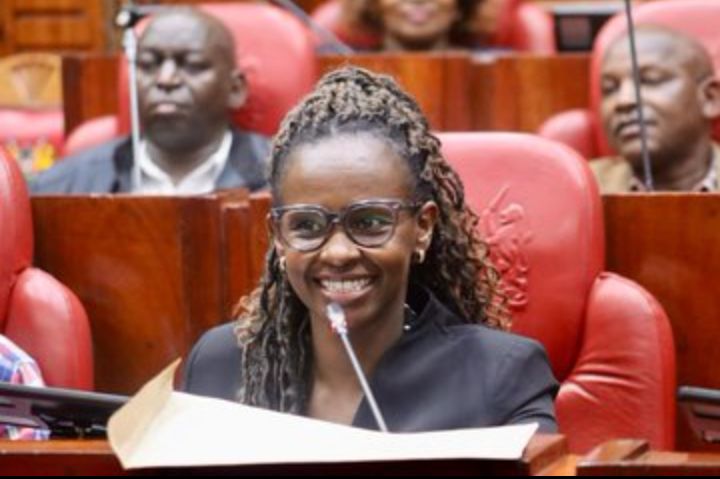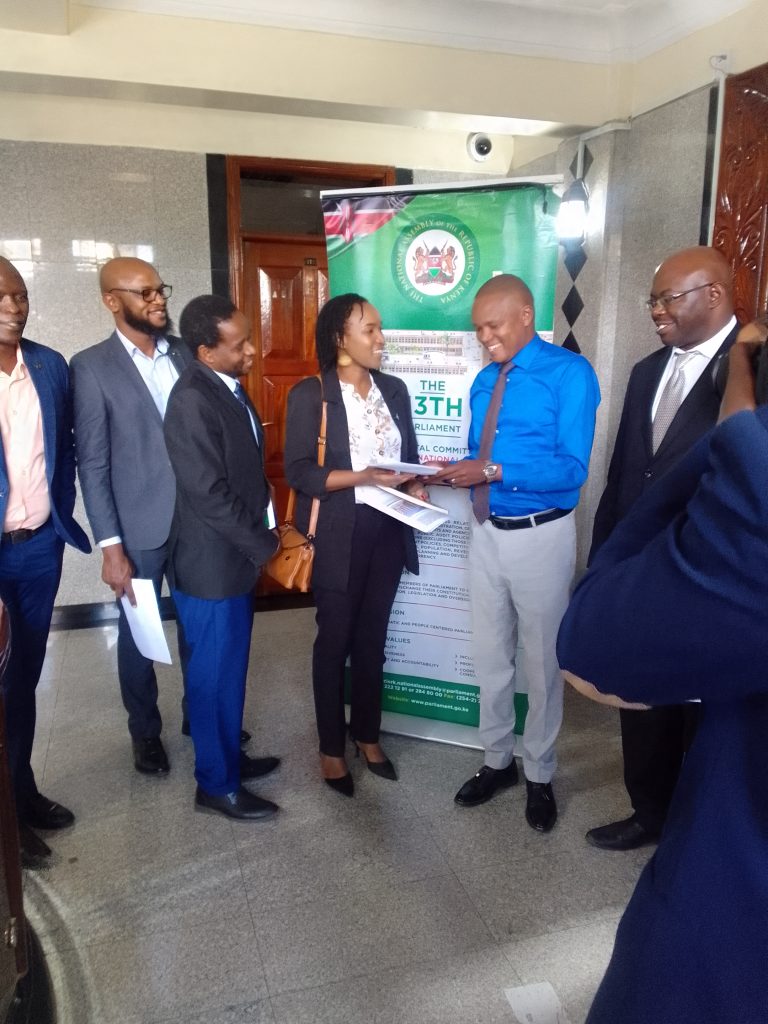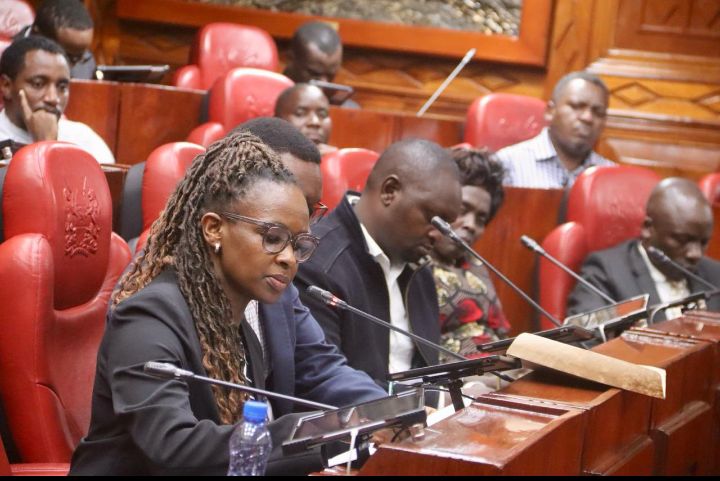

Slum dwellers drawn from Kibra, Mathare and Mukuru echoed the affordable housing programme stating that it’s their time for social status to change
Lawyers called the proper pieces of legislation to avoid a lacuna where constitutionalism will be at the cross roads
Sen Dr Slyvia Kasanga ler Architects Alliance of Kenya proposed that Chairperson of the Board be drawn from among professionals in the Built Environment space.
The Architects Alliance of Kenya has requested the National Assembly Committee on Finance and Planning to consider including architects in the board that shall manage affordable housing funds
Appearing before the committee to submit their presentation, the alliance led by Chairperson Sen. Dr Sylvia Kasanga, expressed the Alliance’s interest in being represented in the proposed Affordable Housing Fund Board.
She proposed and urged parliamentarians that the Chairperson of the Board be drawn from among professionals in the Built Environment space.
“One of the perception in the affordable housing programme is that professionals are against it. We are not opposing the programme since will create jobs for so many people. The idea is incorporating architects in the whole conceptualization of the projects.
We should start in a right way instead of doing wrong as it has been the concept in Kenya whenever we start new projects,” Kasanga tabled
According to the former Senator is that leaving the management of the funds to people who are not conversant with the building technology may encourage poor infrastructural designs and construction of units which are being put up in different parts of the country
Sen. Kasanga has also emphasized on the need to rethink the architectural designs so that the housing units provide for green spaces and consider how living spaces affect mental health.
Another notable observation is the proposal to have County Housing Boards to develop policy tailor-made for various counties and responding to the specific county housing needs.
Representatives from Westminister Consulting observed that the Bill lacks an Administrative and Appeal Mechanism, overlooks the specific challenges faced by individuals, particularly Muslims who cannot avail themselves of the loan facility as it contravenes Islamic Financial Principles and that there is lack of explicit definitions of the minimum standards and quality requirements for the constructed houses
They proposed to enhance inclusivity, the proposed legislation should broaden access to affordable housing units, especially to individuals like the elderly, by introducing a voluntary contribution system.
They also noted that considering the mandatory nature of contributions, the Bill is silent on a scenario in which individuals contributing the levy but do not intend to be allocated an affordable housing unit.
Further, the Consulting firm has proposed that the Bill incorporates a provision stipulating that a minimum of 50% of the construction materials for the affordable houses, including labour, should be sourced locally.
Advocate Vincent Ombaka an expert in Legislative Drafting, representing the Law Society of Kenya (LSK) raised several aspects of constitutionality in the Bill ranging from the acquisition of the public land earmarked for affordable housing, how to cure the unconstitutionality of the Housing Levy as pronounced by the court, to issues of who is eligible to benefit from the program.
The first group to appear before the National Assembly Committee on Finance and Planning were people living with disabilities from slum areas who jointly echoed the program as it will alleviate their residential status from slums to descent houses
“Tumechoka kuitwa watu wa vitogoji duni, tangu lini tutaitwa watu wa Baraka Estate. Hatukuzaliwa tukae Kibra ama Mathare. (Since when shall we stop being called slum dwellers! We want our living and social status to change and be called residents of Baraka Estate. We were not born to live in Kibra or Mathare) Japheth Kaikai from Langata observed
Agnes Makove, a resident from Highrise who has lived for in the slums for more than 30 years after her mother died while she was a little girl, says would be much happier if her grands or great grands will owm an affordable descent house in Nairobi under the leadership of President William Ruto
Jua Kali sector appealed for the parliament to consider scrapping 10 percent of deposit requirement for anyone interested to own an house in urban areas stating that should be reduced to 3 percentum
“Those who want to own one bedroom should deposit 3 percent, those who want to own two bedroom 4 percent and those who can pay for three bedroom pay a deposit of 5 percent,” they stated

